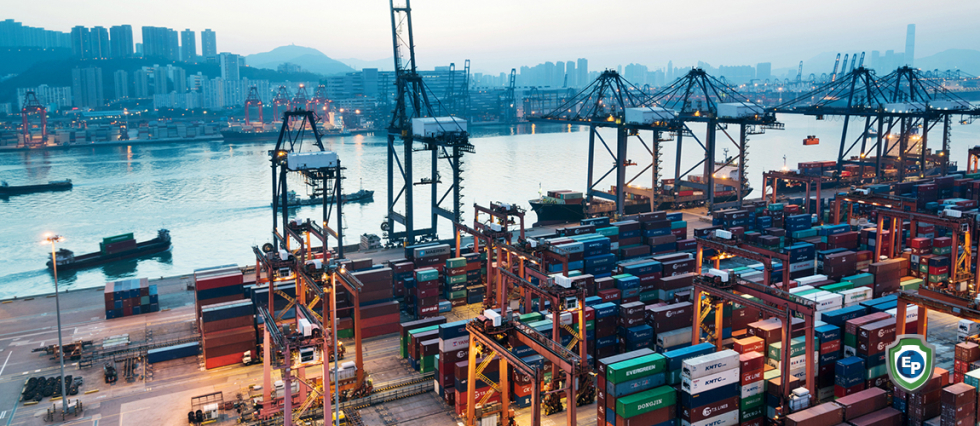Key trends within trade and supply finance
Read this blog to find out how the coronavirus is interrupting global trade and has increased operational risks.

Today, the world is upside down. The outbreak of the coronavirus is interrupting global trade and has increased operational risks. That’s why supply chain efficiency matters today more than ever before.
One way of creating more efficient supply chains and mitigating risks is the use of modern supply chain finance tools. And indeed, trade and supply finance has seen some major innovations in recent years that are worth discussing.
What is trade finance?
Trade finance is an umbrella term for financial instruments to facilitate international trade. The goal is to enable importers and exporters to conduct business without taking on financial risks.
International trade comes with a variety of risks such as the counterparty risk (e.g., purchasers not paying or sellers not delivering), currency fluctuations, political risks, or the instability of foreign financial institutions.
Disruption 2020: Increasing supply chain risks due to corona-crisis
A major trend that will shape supply and trade finance over the coming months is the global uncertainty brought about by the corona-crisis. As companies are losing expected cash flows and lack liquidity, default risks have increased. The result is a greater need for trade finance tools that mitigate non-payment risks as well as the necessity to monitor the stability of the counterparty’s financial institutions.

The current lack of liquidity and turmoil in the financial system may also result in longer processing times for trade finance deals, as banks are hesitant to take on additional risks and face liquidity constraints. Once the stimuli packages of central banks and governments start showing an effect, this issue should start fading away.
Another trend that has already been ongoing for a while but continues to challenge the industry is increasing customs requirements linked to the trade war, in particular regarding tariffs and documentation requirements. More rules bring greater complexity, which also makes it more challenging to close cross-border trade deals.
Blockchain-based trade finance
While the crisis will shape trade finance in the months ahead, the second key industry trend is the use of technology. In particular, blockchain technology will increasingly enter the field of trade finance, leading to faster and more cost-effective financing tools.
Blockchain enables the transacting parties to settle transactions in real-time and automatically through the use of smart contracts. They can upload documents directly on a blockchain, and place deposits in digital escrow accounts. Once the counterparty meets its contract obligations, a smart contract will automatically release the payment.
At Export Portal, we also use blockchain technology to streamline trade operations. Platform users can leverage our proprietary technology to store and send documents or payments and use the latest trade and supply financing tools. Today, blockchain is still an innovative technology. In the future, it will become an industry standard.






Comments 0